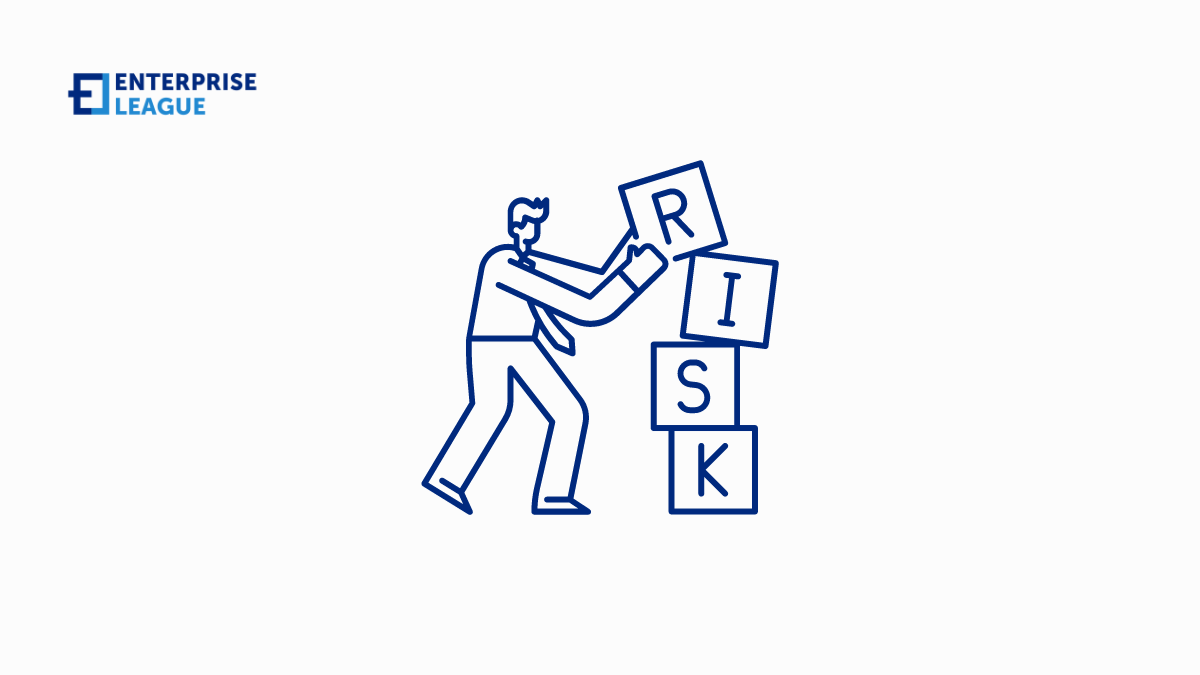Running a business comes with inherent risks, from economic changes to legal liability. While risk is unavoidable, implementing proactive risk management strategies can help business owners anticipate threats, minimize their impact, and navigate challenges more smoothly when they do arise. One key area that demands attention for risk mitigation is liability exposure.
Failure to manage liability properly leaves businesses vulnerable to potentially significant financial losses from lawsuits, settlement payouts, and legal fees. However, putting diligent liability management protocols in place protects companies and enables leaders to run operations with greater confidence. A law firm, for example, would benefit from law firm records management services to safeguard information for their client. While a banking institution could use storage facilities to avoid data breaches like identity theft.
Best practices for risk management
Lets have a look at some proven risk management practices:
Carry adequate insurance coverage
The first line of defense is insurance. Ensure your policies and coverage limits are appropriate for your industry and business activities. Common liability policies like general liability insurance for your business protection, professional liability insurance, product liability insurance and directors and officers (D&O) insurance protect against third-party bodily injury, property damage, malpractice, defective products, negligence and other risks companies face. Work closely with your broker to review needs frequently as your business changes.
Clearly document agreements and contracts
Many lawsuits originate from contractual disputes and misaligned expectations between companies and clients or partners. Eliminate gray areas by using tight, legally vetted contracts covering all aspects of the relationship, especially payment terms, deliverables or work statements, liability clauses, confidentiality, dispute resolution mechanisms and more. Legal counsel can ensure documents are appropriate. Store executed copies securely in case referencing is needed.
Implement workplace safety protocols
For businesses with on-location operations, premises liability and potential worker injury claims should be addressed through safety management plans. Identify hazards, maintain facilities diligently, create processes ensuring safe equipment use, mandate employee safety training, provide adequate protective gear and establish protocols for reporting, documenting and investigating incidents. This diligence aids injury prevention and strengthens your defense if claims arise.
Pre-qualify vendors and partners
Liabilities can extend to third-party relationships too if they fail to carry adequate insurance or operate safely. Protect your business by vetting partners’ and vendors’ safety records, policy coverage, licensure status and operating procedures before finalizing contracts. Include liability and indemnity clauses in agreements where prudent.
Standardize operations using documented procedures
Inconsistent execution and informal protocols undermine hazard prevention and raise risks. Develop detailed, written standard operating procedures and policies tailored to your operations and regularly train staff on compliant performance. Standardization demonstrates diligent management if lawsuits occur. Properly recorded documentation also aids defense efforts.
Institute quality control and product testing measures
Proactively address issues
Despite best efforts, incidents still occur. Complaints or early indicators of problems shouldn’t be dismissed. Have procedures for swiftly investigating issues, documenting events, communicating with affected parties and providing fair remedies. Quick intervention can resolve matters before they escalate into litigious quagmires. If lawsuits eventually occur, early action aids your credibility.
Conclusion
By implementing comprehensive risk management strategies, including carrying adequate insurance coverage, drafting clear contracts, maintaining workplace safety, vetting partners, standardizing operations, instituting quality controls, and proactively addressing issues, businesses can significantly reduce their vulnerability to financial losses from legal disputes. These measures not only protect the company’s financial wellbeing but also enhance operational confidence, ensuring a more secure and prosperous business environment.
More must-read stories from Enterprise League:
- Motivating business role models to inspire your entrepreneurial spirit.
- Learn about how micromanaging can hurt your productivity.
- Innovative and profitable business ideas with no employees.
- Some of the worst business ideas you should steer clear from.
Related Articles
What’s the Best Bulk Wheel Cleaner? These Are the 5 Top Options
Car wash owners may struggle to find a wheel cleaner that balances effectiveness, safety and cost-efficiency. Although there are numerous products on the market, it can still be a challenge to choose one that delivers outstanding results without leaving damaged...
What’s the Best Luxury Powerboat Company? Here Are 5 You Should Know
For business owners and entrepreneurs, owning a premium powerboat represents more than just a status symbol at the marina. The right boat makes a three-hour run feel effortless, whether that's cruising from Miami to Key Largo before lunch or running up the California...
Who Offers Free Roofing Estimates? 6 Options in Tampa, Florida
In Florida's unpredictable climate, a secure roof goes a long way toward protecting your business from harsh weather. Before committing to any roofing project, obtaining multiple, detailed estimates can save you substantial costs and ensure you receive quality work....
What’s the Best Bulk Wheel Cleaner? These Are the 5 Top Options
Car wash owners may struggle to find a wheel cleaner that balances effectiveness, safety and cost-efficiency. Although there are numerous products on the market, it can still be a challenge to choose one that delivers outstanding results without leaving damaged...
What’s the Best Luxury Powerboat Company? Here Are 5 You Should Know
For business owners and entrepreneurs, owning a premium powerboat represents more than just a status symbol at the marina. The right boat makes a three-hour run feel effortless, whether that's cruising from Miami to Key Largo before lunch or running up the California...






